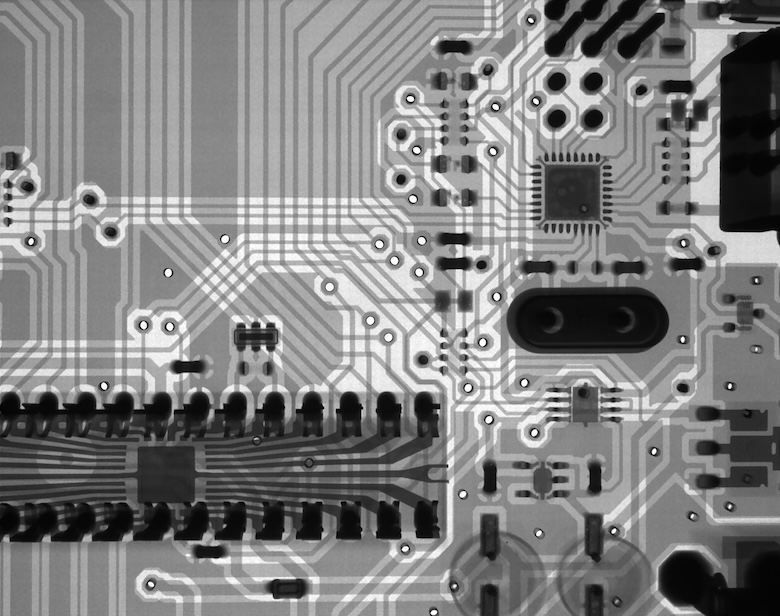
AI hardware refers to a range of specialized computational tools and components, each uniquely designed to expedite artificial intelligence-related tasks. The various categories of AI hardware include:
- GPUs (Graphics Processing Units): Initially created for graphics, GPUs have proven exceptional at parallel processing. This makes them perfect for AI tasks that necessitate concurrent operations.
- TPUs (Tensor Processing Units): A creation of Google, TPUs are fine-tuned for specific functions and data flows associated with neural networks. This enhances the pace and efficiency of AI computations.
- NPUs (Neural Processing Units): These chips are engineered to speed up AI tasks such as image recognition and language processing, leading to quicker and more efficient computations.
- FPGAs (Field-Programmable Gate Arrays): FPGAs are adaptable chips utilized for implementing trained AI algorithms on real-world data inputs, a process known as “inference”.
- ASICs (Application-Specific Integrated Circuits): ASICs can be customized for either training or inference tasks in AI applications, providing specialized performance advantages.
Each kind of hardware is integral to the AI ecosystem as they supply the required computational power and efficiency needed to fulfill the requirements of artificial intelligence tasks.


